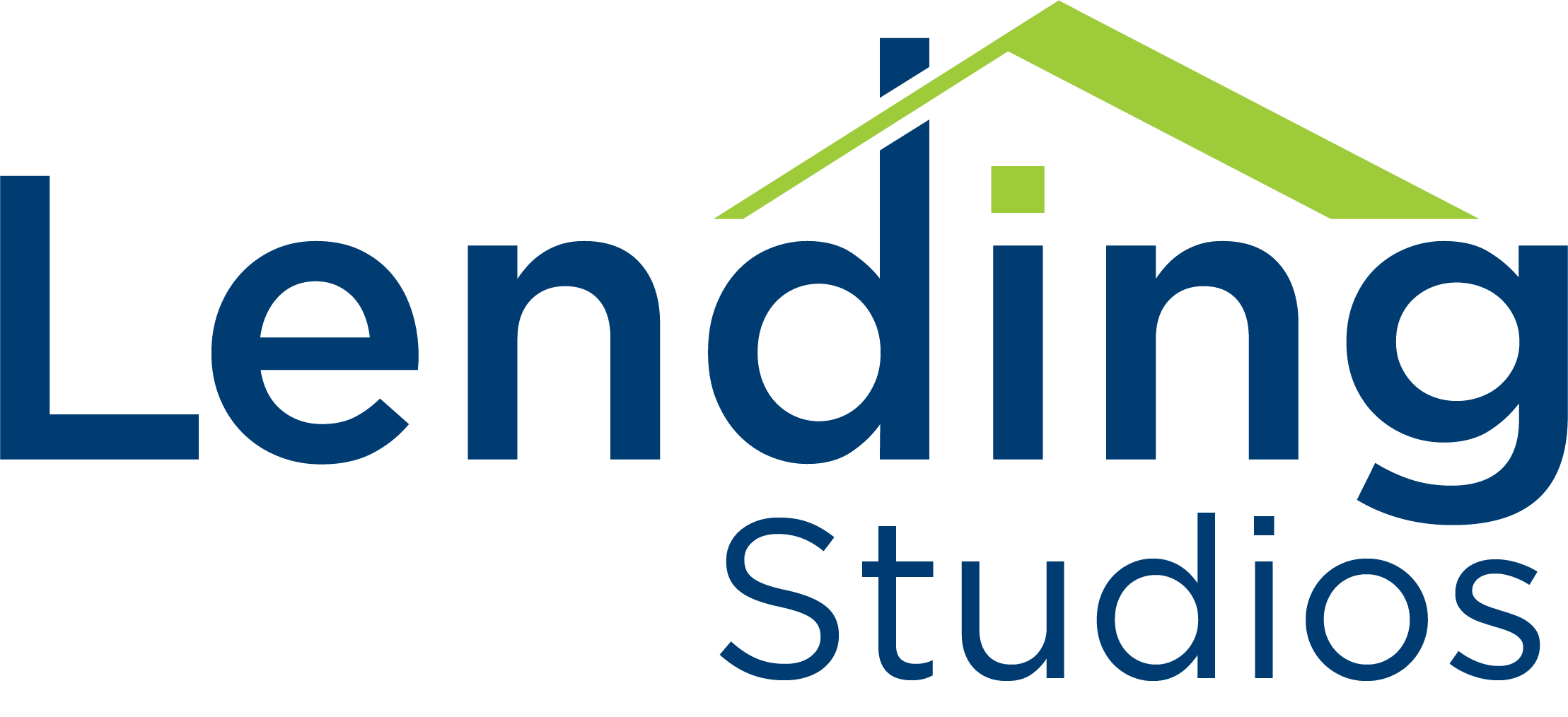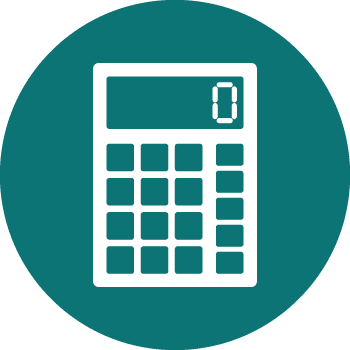New Home Purchase

First-time home buying can be challenging due to steep down payments, tougher mortgage requirements, and higher home prices.
The NY Times says, “It’s never been easy for first-time buyers to get into the real estate market, but that’s been especially true in recent years. In 2010 (or July 2009 to June 2010, to be precise), they bought half the homes sold nationally. In 2016 (or July 2015 to June 2016), only 35 percent went to first-timers. In only three of the last 35 years have they had a smaller share.”
But, if you are a first-time homebuyer, don’t worry. There are a myriad of financing options/strategies out there for you to consider.
Preparations for that New Home Purchase
When it comes to what you can do now to prepare for your new home purchase, make sure that you have done the following:
- Save for your down payment.
- Improve your credit score.
- Determine how much home you can afford by consulting our Home Affordability Calculator.
- Research what your mortgage will amount to with our Mortgage Calculator.
- Shop around for the best mortgage package you can find.
Saving for Your Down Payment
When planning for your down payment, at a minimum, plan to save 20 percent. 30 percent may be needed if you are planning to purchase a more expensive home and are relying on more financing that average.
Some lenders sympathize with first-time home buyers and will permit as low as 3 percent down. But, before you get too excited, it is important to understand that a smaller down payment can translate into higher costs and paying for mortgage insurance. (For example, a 5% down payment on a $200,000 home is $10,000.)
To reach your down payment goals sooner for a new home purchase, try putting aside tax refunds and work bonuses, setting up an automatic savings plan and allowing a smartphone app to help track your progress.
Improving Your Credit Score
Before you apply for a loan for a new home purchase, check your credit and do your part to correct/dispute any errors that are bringing your score down.
Raise your credit scores by paying off or down any outstanding debts and making sure you always pay on time – late or missed payments are killers to your credit scores.
While you are in the mortgage application process, do not apply for new credit accounts (car loans, credit cards). Wait until after your home loan closes. Applying for these new lines of credit can cause your credit score to take an unwanted dip.
Determining How Much Home You Can Afford
Keep in mind, most mortgage lenders permit a maximum debt-to-income ratio of 45 percent. All debts, with your new mortgage payment, cannot exceed 45 percent of your monthly gross income. Even if a lender will approve a certain house cost, it is important to evaluate other monthly expenses that will impact your budget. You don’t want to end up house poor.
Remember, the house for which you are seeking a loan will give you the most return on investment if you can stay in it for at least three years.
Researching Mortgage Costs
Many first-time homebuyers are surprised by some of the less-talked about mortgage costs that are added on to the cost of your home. You have to factor in property taxes, mortgage insurance, title search fees and more. Ask your lender so you know all the costs you can expect from your package. Mortgage closing costs typically run from 2% to 5% of the loan amount, including property taxes, mortgage insurance, title search fees, and more.
Shop for the Best Mortgage Package
Your loan options for a new home purchase aren’t limited to one package.
If you are looking for a loan option that won’t require such a hefty down payment, here are some of the more popular options:
- Conventional Mortgages: Standards put forth by government-sponsored organizations like Fannie Mae and Freddie Mac require as little as 3 percent down.
- FHA Loans: Loans insured by the Federal Housing Administration permit down payments as low as 3.5%.
- VA Loans: Loans guaranteed by the Department of Veterans Affairs sometimes require no down payment at all.
Remember, loans that require less down may seem attractive, but a lower your down payment, means a higher monthly mortgage payment. Opting for a 30-year fixed mortgage will give you the smallest payment possible, but shorter-term loans will offer you lower interest rates.
Mortgage Calculators
Quickly predict your monthly mortgage payment and interest with this customizable tool!
Mortgage Resources
Leverage the tools you need to find a borrowing solution that fits your particular needs and budget.
Mortgage FAQs
Get answers to the most commonly asked mortgage questions.




